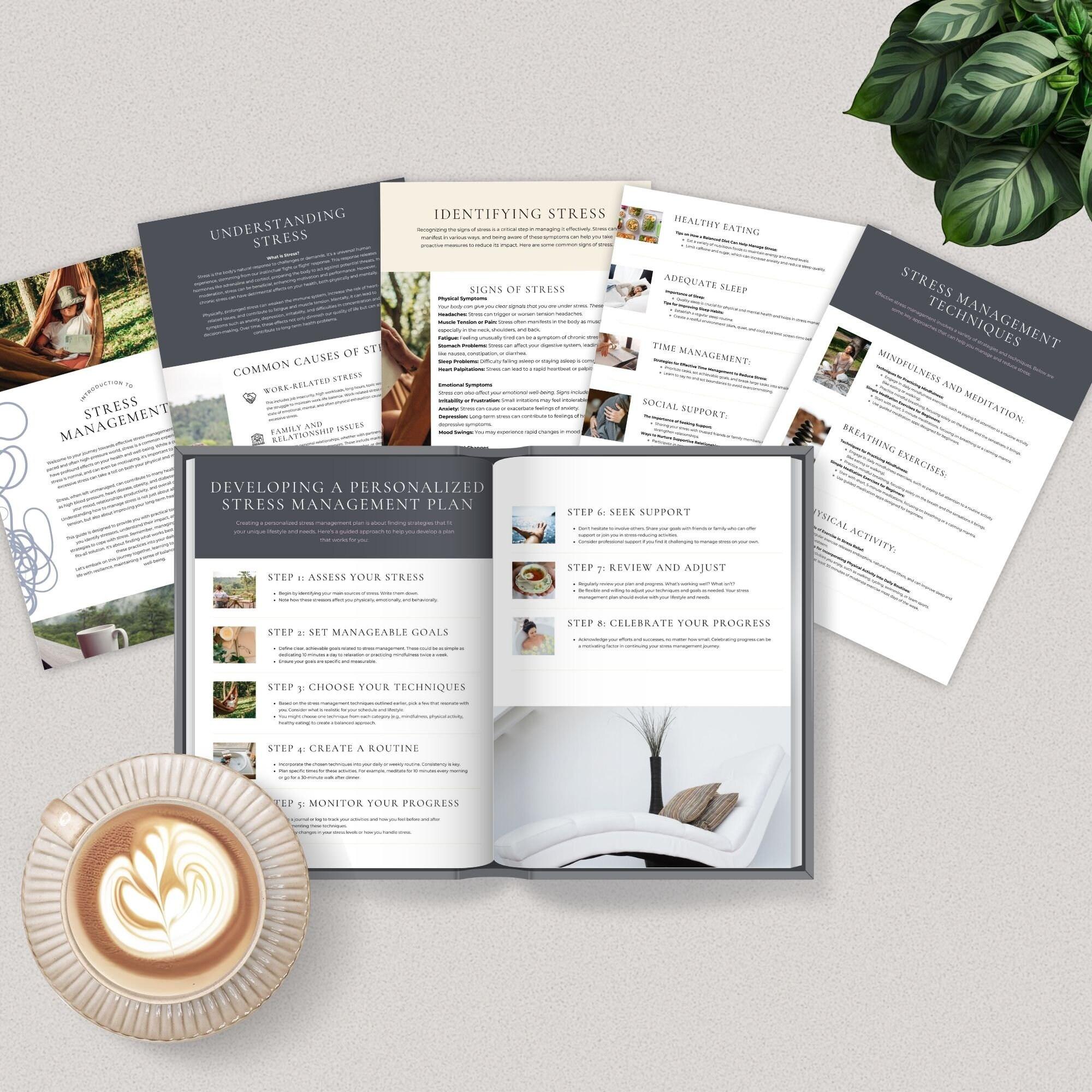In the labyrinth of life, chronic illness can often feel like an unwelcome companion, casting shadows over even the brightest days. Yet, amid this challenging journey, stress management emerges as a beacon of hope, offering pathways to not just survive, but thrive. This article delves into the art and science of stress management, unraveling strategies that empower individuals to reclaim control and cultivate resilience. By exploring techniques that harmonize mind and body, we aim to illuminate a path towards serenity and strength, even when chronic illness seems to dictate the terms. Join us as we navigate these waters, discovering tools and insights that transform stress from a relentless foe into a manageable companion.
Understanding the Link Between Stress and Chronic Illness
In the intricate dance between mind and body, stress often plays the role of a disruptive partner, particularly for those living with chronic illness. Chronic stress can exacerbate symptoms, weaken the immune system, and even impact the progression of diseases. Understanding this connection is crucial for managing both stress and illness effectively. While the physical manifestations of chronic conditions are well-documented, the psychological aspect is sometimes overshadowed. Yet, it is the psychological resilience that often determines how well individuals cope with their illness. By recognizing stressors and their impacts, individuals can take proactive steps to manage their mental well-being.
- Identify Triggers: Keeping a journal to note what situations increase stress levels can help pinpoint specific triggers.
- Mindfulness Practices: Techniques such as meditation and deep-breathing exercises can help calm the mind and reduce stress.
- Support Networks: Connecting with support groups or talking to a mental health professional can provide much-needed emotional relief.
- Healthy Lifestyle Choices: Regular physical activity and a balanced diet can bolster the body’s defenses against stress.
By weaving these strategies into daily routines, individuals can better manage stress and, in turn, alleviate some of the burdens associated with chronic illnesses. This holistic approach not only addresses the physical symptoms but also fortifies the mind, empowering individuals to lead more balanced lives.

Mindful Practices to Alleviate Stress Symptoms
Engaging in mindful practices can significantly reduce the physical and emotional symptoms of stress, particularly for those navigating the complexities of chronic illness. By fostering a deeper connection with the present moment, mindfulness helps to calm the mind and create a sense of peace and clarity. Incorporating these techniques into daily routines can lead to noticeable improvements in overall well-being.
- Meditation: Set aside a few minutes each day to focus on your breath. Allow thoughts to come and go without judgment, cultivating a state of relaxed awareness.
- Body Scan: Lie down comfortably and bring attention to each part of your body, releasing tension as you go. This practice enhances bodily awareness and promotes relaxation.
- Mindful Walking: Take a walk outdoors, paying attention to the sensation of each step and the environment around you. This helps to ground your thoughts and improve mental clarity.
- Gratitude Journaling: At the end of each day, write down three things you are grateful for. This practice shifts focus from stressors to positive aspects of life, enhancing emotional resilience.
By integrating these mindful practices into your lifestyle, you can cultivate a balanced and more serene approach to managing stress. Each practice offers a unique way to reconnect with your body and mind, providing a sanctuary from the pressures of daily life.

Creating a Personalized Stress Management Plan
Crafting a tailored approach to managing stress involves understanding your unique triggers and responses. Begin by identifying the specific stressors related to your chronic illness, which might include medical appointments, financial concerns, or physical discomfort. Once you have a clear picture, experiment with different stress-reduction techniques to discover what resonates best with you.
- Mindfulness Practices: Engage in activities such as meditation or yoga to help center your mind and body.
- Creative Outlets: Express your emotions through art, writing, or music to release tension.
- Physical Activity: Incorporate gentle exercises, like walking or swimming, to boost endorphins and improve mood.
- Social Connections: Foster relationships with friends, family, or support groups to share experiences and gain encouragement.
Regularly assess the effectiveness of your strategies and adjust as needed. Remember, the goal is to create a plan that is flexible and evolves with your changing needs, ensuring it provides the most benefit to your overall well-being.

Incorporating Nutrition and Exercise for Stress Relief
When managing chronic illness, integrating nutrition and exercise into your routine can be a game-changer for alleviating stress. These elements are not only essential for maintaining physical health but also play a crucial role in enhancing mental well-being. By choosing nutrient-dense foods, you can help your body combat stress more effectively. Foods rich in omega-3 fatty acids, like salmon and walnuts, can reduce inflammation and improve mood, while complex carbohydrates such as whole grains and legumes stabilize blood sugar levels, preventing mood swings.
- Leafy greens – High in magnesium, they can help regulate cortisol levels.
- Dark chocolate – A small amount can lower stress hormones and improve mood.
- Herbal teas – Chamomile and peppermint can have calming effects.
Exercise, on the other hand, is a natural stress reliever that triggers the release of endorphins, the body’s feel-good chemicals. Whether it’s a brisk walk in the park, a yoga session, or a dance class, regular physical activity can significantly reduce anxiety and depression symptoms. Tailoring your exercise routine to fit your physical capabilities is essential, especially when dealing with chronic illness. The key is consistency and finding activities that you enjoy, which can transform exercise from a chore into a cherished part of your day.








